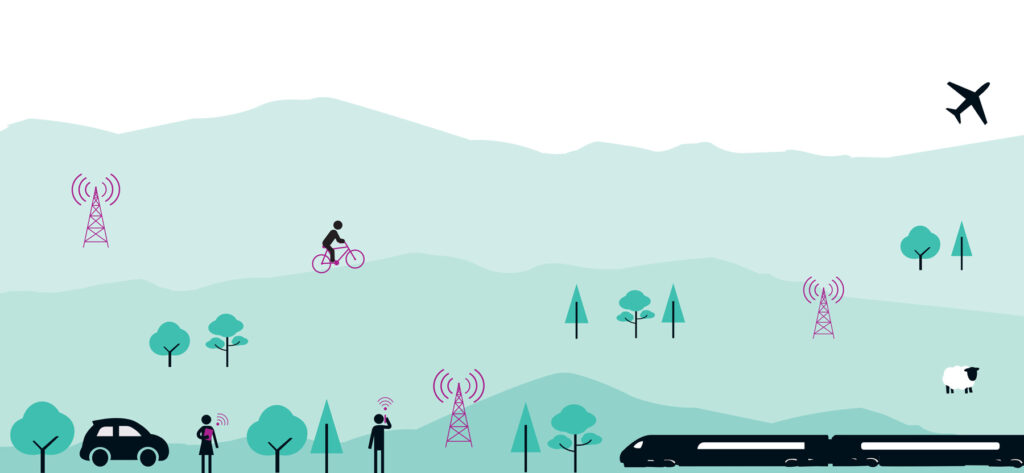What makes place?
Working at Thomas Jardine & Co we find the understanding of what makes our place is key to successful collaboration. Words are really important when we are talking about our place. “Our place” is such an emotive phrase. It hints of a sense of belonging , of a shared cultural experience, a shared history BUT the phrase is so transient. Place is all about collaborations, collaboration is what makes a place great BUT this collaboration has to have a focus.
Governing our place
Government constantly tries to define national and local place boundaries. Based in the City of Carlisle we are part of the County Cumbria and the Cumbrian LEP. This is at the northern edge of the Northern Power House at the North of England. Carlisle is also in the centre of Borderlands a Growth Deal covering 10% of the UK land mass cutting across the English/Scottish Borders. We are just North of the Lake District ( a World Heritage Site) and at the Western End of Hadrians Wall (another World Heritage Site).
Tasting place
Slight differences in food help define place. Ian Gregg shared his story ( at a LA23 event) of how stotties were fundamental in the early growth of Greggs in the North East. The food and drink folk we work with in This is Cumbria all add magnificently to the flavour of our place. The food created by the terroir of a place is as important as the visible countryside. Realisation of this is leading to local restaurants, cafes and wholesalers stocking more locally sourced food so that we can experience local flavour.
Family Business and place
Jacqui’s work with family businesses based in our place always shows how important their pace is to their business. A family businesses sense of place is rarely defined by government boundaries. It is defined by the location of the family, its employees and its suppliers. Often this starts with the town where the business was founded. Then their place expands to the region it supplies and onto the national market it is involved in.
The evolution of devolution
Political power in the UK is been devolved from the capital city. Not just to Scotland, Wales and Northern Ireland but also to the regions.
At the second Borderlands conference we heard a variety of council leaders and council chief executives present the progress of Borderlands. The collaboration of five counties across two countries with differing political leaderships has put our region on the devolution map. Carlisle, Cumbria and Northumbria are not just the northern most counties in the Northern Powerhouse. They are now key partners in a region that covers 10% of the UK landmass. Scottish Borders and Dumfries & Galloway are not just the southern most rural regions of Scotland. They are now key partners in a region of 1.1 million residents.
Clearly collaboration across councils gives them more political power. The City of Carlisle benefits from regional focus. Collaboration leads to Henri Murison support of the HS2 extension to Carlisle as part of the Northern Powerhouses transport strategy. Projects across Borderlands will get capital support from England and Scotland. The support might not have come if the projects just had support from the location in which they were based.
Collaboration across place
The private sector is used to collaborating. This is Cumbria was born from a group of like minded businesses. The Guild coworking space is built around people supporting each other. Thomas Jardine & Co are working with Be the Business and others to improve productivity works because we all realise how important increasing productivity is to our places future. At the Borderlands conference Peter Jackson of Northumbria County Council recognised the pivotal role of the private sector and each of the Borderlands councils will have an Economic Forum with two private sector members who will ensure this voice is heard.
Hopefully Borderlands will focus on collaborating to ensure our places infrastructure is fit for the 21st century. It would be ideal if the private sector steers the public sector on the capital projects. Our needs of our individual place can sometimes clash with our needs of our regional place. We all have to ensure we get the best fit for both these places.
We make our place
Wherever you are in the UK think about what makes your place. It is not just the political boundaries that define us. We often belong to more than one place. This makes everyone’s place unique. So don’t just rely on the public sector to define our place. Collaborate and make your place better still.
